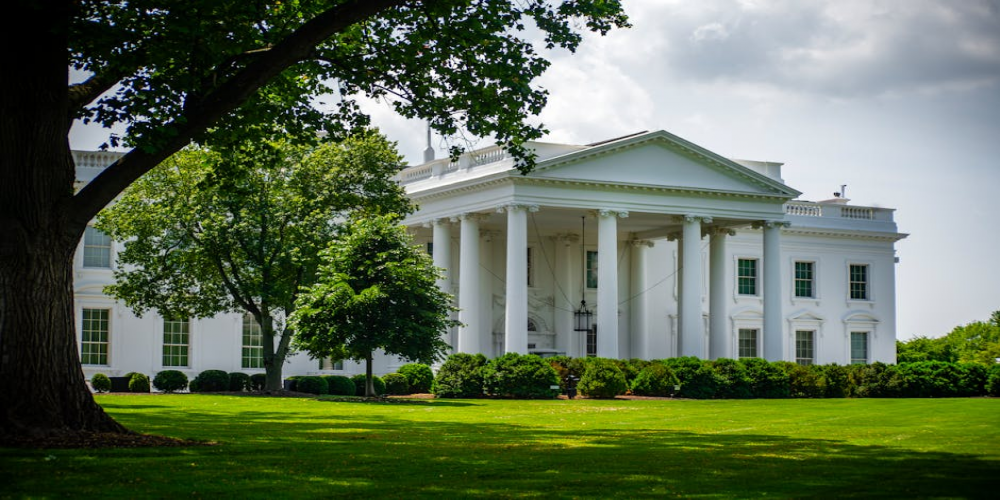
Market Overview
Donald Trump's recent comments on Truth Social, expressing support for Ukraine's capability to "fight and win all of Ukraine back" with EU backing, introduce a notable element into the global geopolitical and financial landscape. Such declarations from influential political figures often resonate across markets, particularly within sectors sensitive to international relations and defense policy. The statement, emphasizing Ukraine's fighting capacity, suggests a prolonged or intensified conflict, which can influence investor sentiment towards stability in Eastern Europe and beyond. Markets typically react to perceived shifts in geopolitical strategy, with defense industries often experiencing increased attention during periods of heightened international tension or anticipated military engagements.
Trading Implications
The assertion by Donald Trump, while advocating for peace, concurrently highlights an interest in selling military goods to Europe and NATO, presenting clear trading implications for the defense sector. This dual perspective suggests a potential increase in demand for high-ticket defense equipment, which could translate into favorable outlooks for defense contractors and aerospace companies. Investors may closely monitor defense-related stocks and exchange-traded funds (ETFs) for signs of increased orders or government contracts, especially as European nations reassess their defense capabilities and commitments within NATO. The prospect of enhanced military sales to allies, framed as a means to reduce deficits, could drive speculative interest and long-term investment strategies in the defense industry.
Key Insights
Donald Trump's public statements underscore the intricate connection between geopolitical rhetoric and economic policy, particularly concerning national security and international trade. The explicit mention of selling defense goods to European allies suggests a strategic economic motive interwoven with geopolitical positioning. This outlook points to a sustained focus on defense spending across Europe and within NATO member states, potentially solidifying a trend of increased military budgets in response to ongoing global instability. Financial markets will likely continue to scrutinize such political commentary for signals regarding future defense expenditures and the evolving landscape of international security alliances, shaping long-term investment theses in the defense and aerospace sectors.